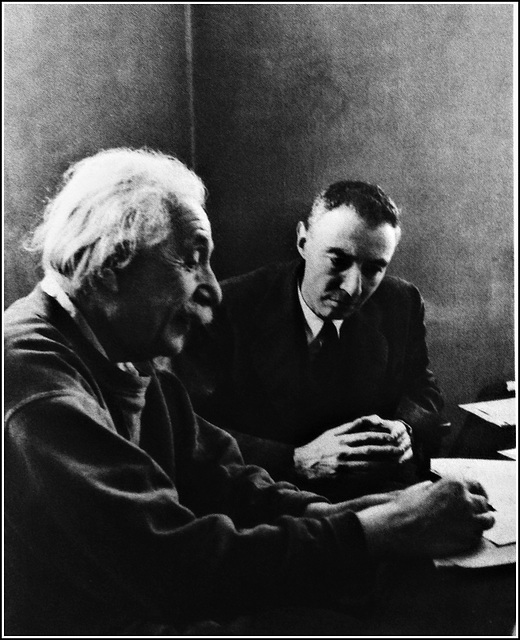Emerald Legacy
Under the greenwood tree
Window view
Neighbourhood morning
Ars Poetica
*
*
My shoes
Mr. & Mrs. Kennedy and Oppenheimer
A waterfall
Spring flowers
I'm tired....
Flow
Bach Concerto # 1
One man's hobby
A bird
Homage
Road
In between
Stubborn
Dust of Snow
Winter woods
Call 517.599.3996
Bumper sticker
Fallen Tree
Tacos
Crocus *
*
Door
Woody
American Robin
Tangled
Joyous
Prisons of Light
Magnolia
Welcome Spring
Branch hugger
In the thicket
See also...
Keywords
Authorizations, license
-
Visible by: Everyone -
All rights reserved
- Photo replaced on 07 May 2014
-
153 visits
- Keyboard shortcuts:
Jump to top
RSS feed- Latest comments - Subscribe to the comment feeds of this photo
- ipernity © 2007-2024
- Help & Contact
|
Club news
|
About ipernity
|
History |
ipernity Club & Prices |
Guide of good conduct
Donate | Group guidelines | Privacy policy | Terms of use | Statutes | In memoria -
Facebook
Twitter



The older man clearly didn’t understand why Oppenheimer seemed to care so much about maintaining his access to the Washington establishment. Einstein didn’t play that game. He would never have dreamed of asking government to give him a security clearance. Einstein instinctively disliked meeting politicians, generals or figures of authority. As Oppenheimer observed, “he did not have that convenient and natural converse with statesmen and men of power……” and wqhile Oppie seemed to relish his fame and the opportunity to mix with the powerful, Einstein was always uncomfortable with adulation. One evening in March 1950, on the occasion of Einstein’s seventy-first birthday, Oppenheimer walked him hack to his house on Mercer Street. “You know,” Einstein remarked, “when it’s once been given to a man to do something sensible, afterward life is a little strange.” More than most men ever could, Oppenheimer understood exactly what he meant. ~ Page 382